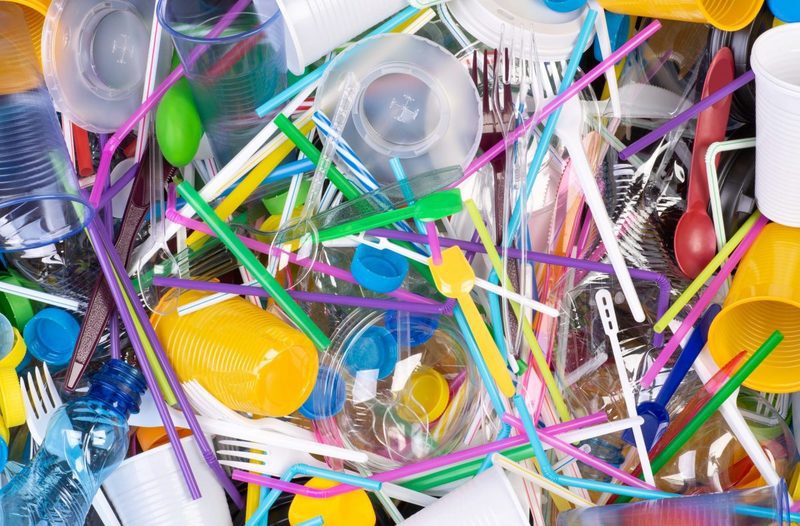There is much talk in the media about plastic waste and its effects on the environment and human health. One way or the other, what normally gets bandied about is an oversimplified all good or all bad analysis. As is usual in this corner, nuance is the order of the day. Here goes.
I first became interested in this topic when shortly before the birth of my daughter it was reported that microplastics had been discovered in a mother’s placenta. It took little effort for me to find reports of birds dropping dead because their stomachs fill up with small bits of plastic, causing them to not be able to eat and digest enough food. These are two examples of the potential harms of microplastics – there are 20 more just like them. Plastics are not going to bring an end to humanity so we can skip the fear-mongering. But there are harms associated and there is going to be a social cost – the degrees of which are debatable.
The positive uses of plastic are obvious. Imagine any medical procedure without single use plastics. In a world with increasing levels of food waste, imagine the challenges of feeding an exponentially growing world population without polyethylene. These are two examples of the benefits of plastic – there are 20 more just like them.
It is easy to see why the proliferation of microplastics could create such a challenging problem though. Imagine sticking a grocery bag in a blender with water for a few minutes and then pouring the result down the drain. Those tiny bits are very hard to filter out and will get released back into the water supply – from there they get into food and drinking water and settle in places we would rather they didn’t.
It is also hard to see how we will use less of the stuff. Go to Walmart on Saturday afternoon at 2:00 and look how much is being created and consumed. And as more of the developing world moves into the middle class (which cannot happen quickly enough), more and more will continue to be consumed.
There are potential industrial solutions such as using bacteria to break down plastic waste. But this relies on there being highly effective disposal and collection. Plastics that are not disposed of properly are the biggest problem to begin with. Governments could mandate only the manufacture of biodegradable plastic (yes, there is such a thing). Petrochemical companies who produce plastic could be taxed to pay for the cost of cleanup.
Important note: We all know recycling does little good. Most plastics don’t really get recycled and those that do get reused once. Dang it. If you want to do something good, just use less of the stuff to begin with. Reusable shopping bags? A minor improvement, but we only do this because it is convenient and makes us feel like we are doing something.
How big is the problem? Who is responsible? What should be done? The answers depend largely on your worldview and how serious you view this issue to be. To oversimplify, here are a range of viewpoints one could have, in order of least interventionist to most.
- Libertarian: Governments should stay completely out of regulating either creation, consumption, or disposal of plastics. If there is a problem, markets will solve them.
- Semi-Libertarian: Microplastics are indeed a problem. A basic level of government intervention is needed to reduce improper plastics disposal.
- Centrist: Both the corporations who create plastics and governments should collaborate to reduce the use of single-use plastics and develop solutions to reduce consumption and to clean up existing pollution.
- Interventionist: Corporations who make plastics should be made to pay for plastic pollution in rivers and oceans. Taxes should be levied on all plastic use to discourage use and to account for externalization of costs.
- Fascist: All plastics should be banned.
It doesn’t matter where you fall on this spectrum, arguments could be made against your position. One way or another, both sides in the debate could stand to reduce their voltage on this issue though. In general, those who are more dismissive of this issue tended to also oppose COVID lockdowns – COVID lockdowns led to a radical increase in plastic waste. Those who are more interventionist on this issue were the ones who were right about things like acid rain and leaded gasoline. As is the case with any complex issue, there is a need for reasonable disagreement.
With that out of the way, my reusable shopping bag and I are going to go buy something plastic and then throw it in the recycling bin after using it one time. Go team.


